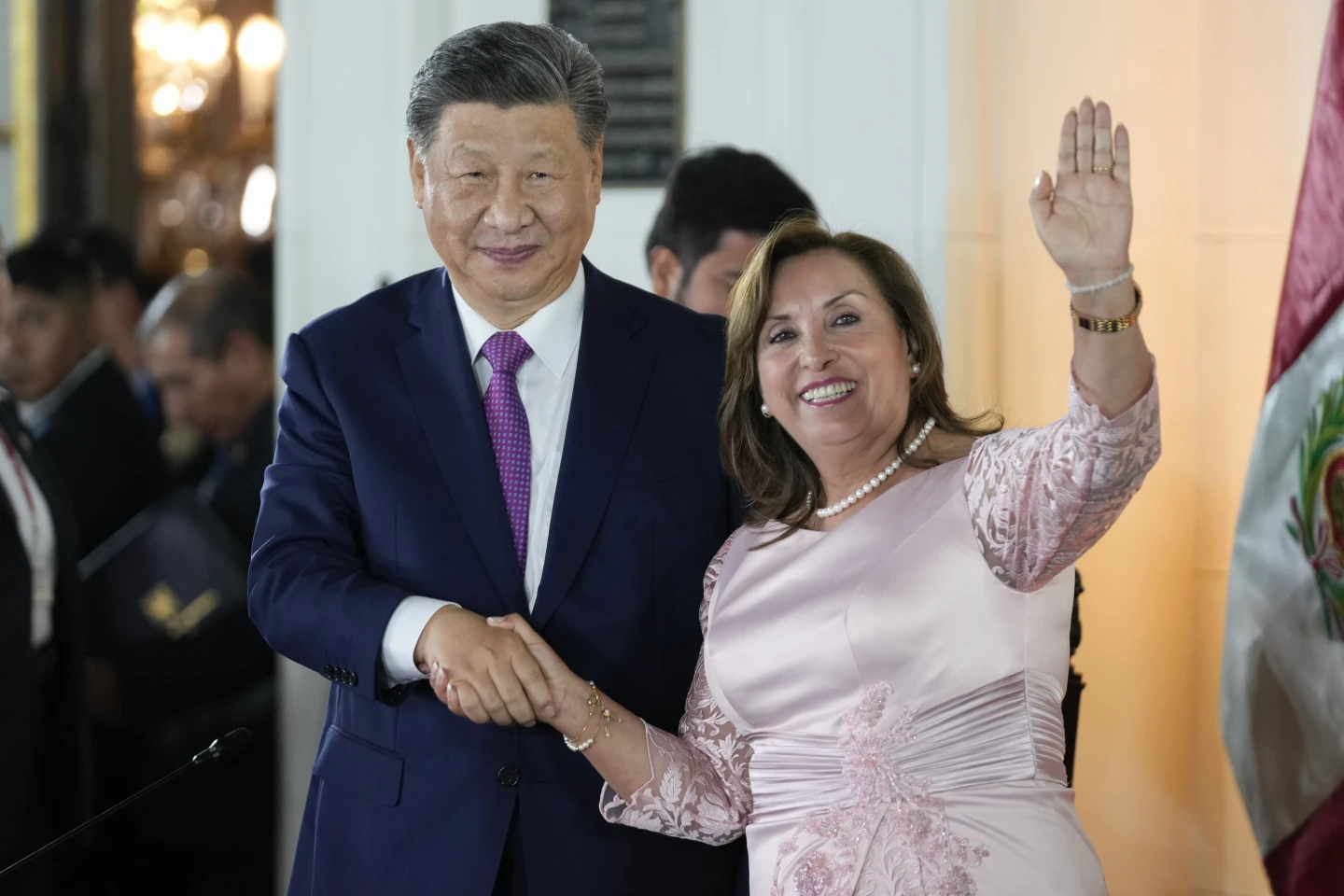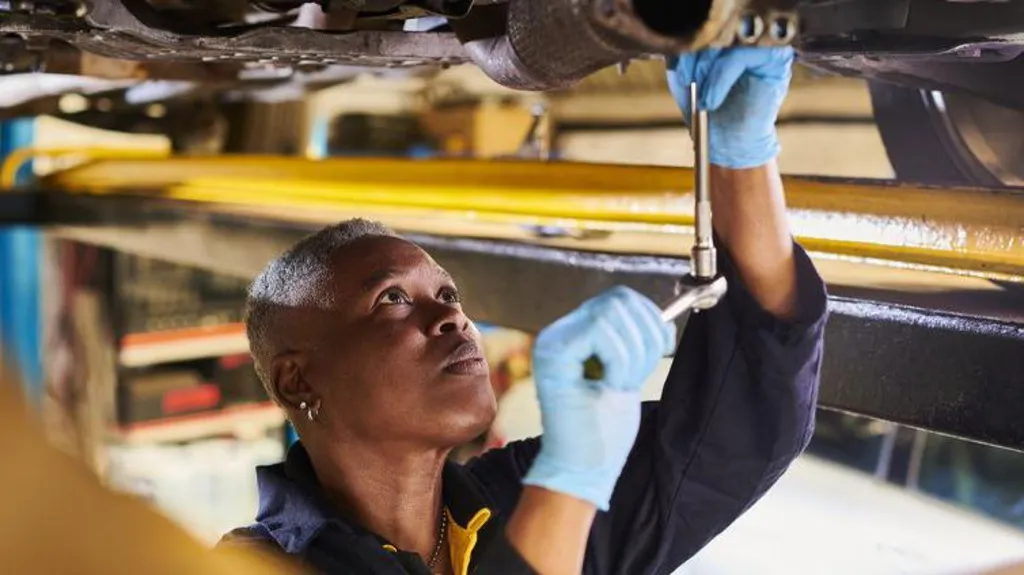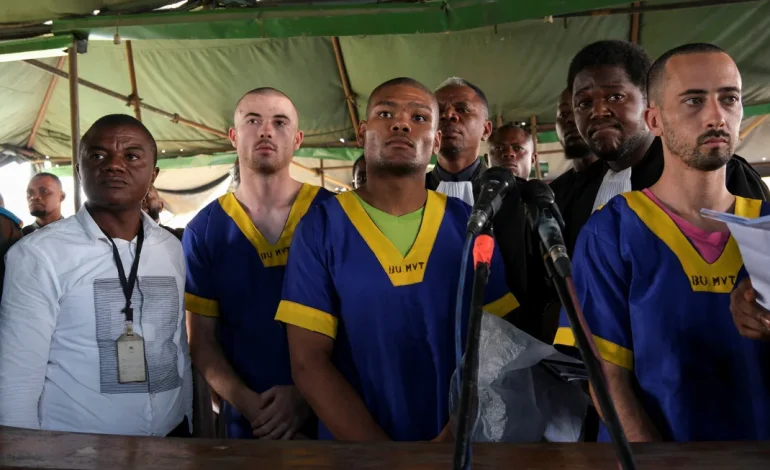Prosecutors in the Democratic Republic of Congo have called for the death penalty for 50 people, including three Americans, involved in what the Congolese army has described as a coup attempt earlier this year, CNN reports.
During a court session on Tuesday, military prosecutor Lieutenant Colonel Innocent Radjabu urged judges to impose death sentences on all the defendants except for one, who reportedly suffers from “psychological problems.”
The defendants, whose trial began in June, face multiple serious charges, including terrorism, murder, and criminal association, many of which carry the death penalty. The attempted coup, led by opposition figure Christian Malanga in May, claimed six lives, targeted the presidential palace as well as a close associate of President Felix Tshisekedi. Malanga was shot and killed shortly after he live-streamed the attack on social media.
Among those on trial are Marcel Malanga, the 21-year-old son of Christian Malanga and a US citizen, and two other Americans, including Tyler Thompson Jr., also 21, who traveled to Africa from Utah. According to Thompson’s family, he was unaware of Malanga’s intentions and intended to enjoy a vacation, with all expenses covered by Malanga. Both young men were former high school football teammates from the Salt Lake City area, and some teammates alleged that Marcel had promised up to $100,000 for participation in a “security job” in the Congo.
Thompson’s family insists that he had no plans for political activism or any intentions of entering the Congo, as they were only supposed to travel to South Africa and Eswatini. Thompson’s stepmother confirmed that their itinerary did not include the Congo.
The third American on trial, Benjamin Reuben Zalman-Polun, 36, reportedly had connections to Christian Malanga through a gold mining company established in Mozambique in 2022, as detailed in an official journal published by Mozambique’s government and a report from the Africa Intelligence newsletter.
Earlier this year, the Congolese government reinstated the death penalty after lifting a moratorium that had lasted more than two decades. The move came as authorities sought to address rising violence and militant attacks within the country.









